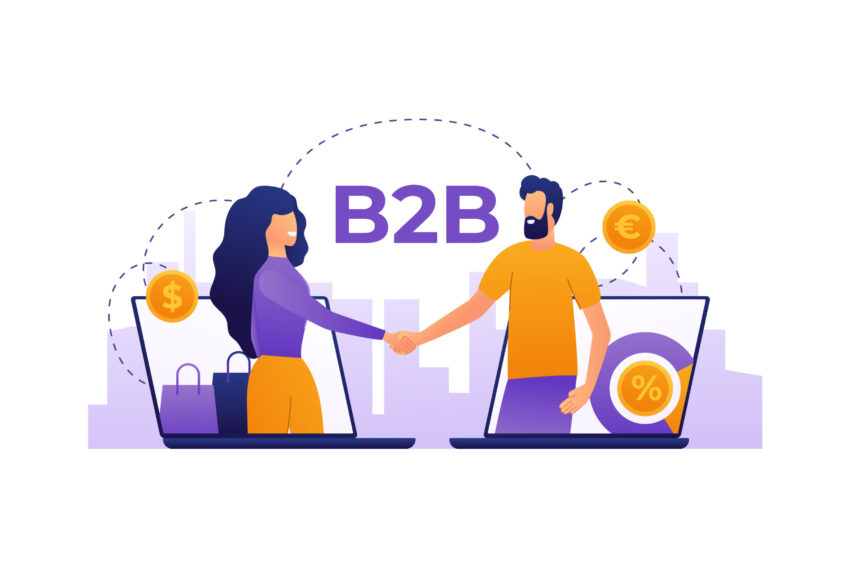Business-to-business (B2B) e-commerce has emerged as a transformative force in the world of commerce, revolutionizing the way businesses buy and sell goods and services. This digital revolution has not only streamlined the purchasing process but has also opened up new opportunities for businesses to expand their reach and grow their operations.
What is B2B E-Commerce?
B2B e-commerce refers to the online buying and selling of goods and services between businesses. Unlike business-to-consumer (B2C) e-commerce, which involves transactions between businesses and individual consumers, B2B e-commerce focuses on transactions between businesses.
The Growth of B2B E-Commerce
B2B e-commerce has experienced significant growth in recent years, fueled by advancements in technology and changing consumer behavior. According to a report by Statista, global B2B e-commerce sales are projected to reach $21.8 trillion by 2027, up from $12.2 trillion in 2021.
Benefits of B2B E-Commerce
- Increased Efficiency: B2B e-commerce streamlines the buying and selling process, reducing the time and effort required to complete transactions. Businesses can place orders, track shipments, and manage inventory more efficiently through online platforms.
- Expanded Reach: B2B e-commerce allows businesses to reach a global audience, breaking down geographical barriers and opening up new markets for their products and services.
- Cost Savings: By eliminating the need for physical storefronts and reducing the need for manual processes, B2B e-commerce can help businesses save on operational costs.
- Improved Customer Experience: B2B e-commerce platforms often offer features such as personalized product recommendations and 24/7 customer support, enhancing the overall shopping experience for businesses.
Challenges of B2B E-Commerce
While B2B e-commerce offers numerous benefits, it also comes with its set of challenges. Some of the common challenges include:
- Complexity: B2B transactions can be more complex than B2C transactions, involving multiple stakeholders and custom pricing agreements.
- Security Concerns: B2B transactions often involve sensitive information such as pricing and payment details, raising concerns about data security and privacy.
- Integration with Existing Systems: Integrating B2B e-commerce platforms with existing business systems such as ERP and CRM can be challenging and require significant time and resources.
In conclusion, B2B e-commerce has transformed the way businesses buy and sell goods and services, offering increased efficiency, expanded reach, and cost savings. While it comes with its set of challenges, the benefits it offers make it a valuable tool for businesses looking to grow and thrive in the digital age.

